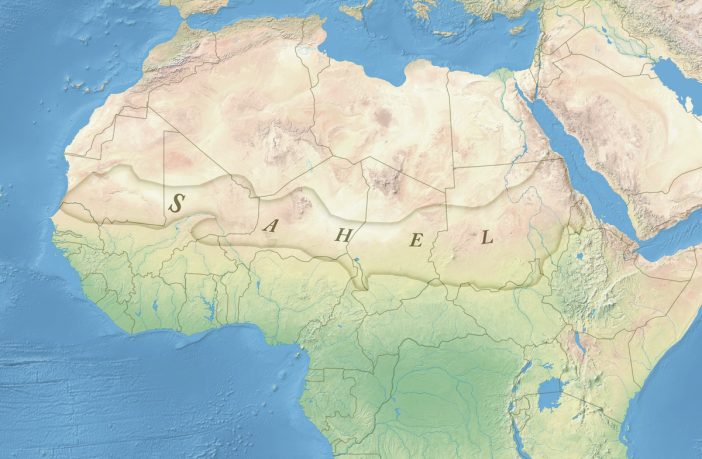- A financing facility associated with the African Development Bank’s Desert to Power Initiative was featured at a side event held on the margins of the just-ended Africa Energy Forum in Brussels, Belgium.
- Private Infrastructure Development Group made a non-binding commitment to a provide US$ 300 million for the Desert to Power Project that aims to bring 10 GW of solar to Africa’s Sahel region.
The event, dubbed “Accelerating private sector investments in the G5 Sahel – leveraging the Desert to Power Financing Facility,” was held on 23 June, to engage the private sector on the financial resources needed for the innovative Desert to Power G5 Sahel Financing Facility, which forms part of the broader energy Initiative.
The Facility aims to assist G5 Sahel countries, notably Burkina Faso, Chad, Mali, Mauritania and Niger, to adopt a low-emission power generation pathway, by making use of the region’s abundant solar potential. It will focus on utility-scale solar generation through independent power producers and energy storage solutions. These investments will be backed by a technical assistance component to enhance implementation capacity, strengthen the enabling environment for private sector investments, and ensure gender and climate mainstreaming.
The event, moderated by the African Development Bank’s Director for Renewable Energy, Dr. Daniel Schroth, brought together senior representatives from beneficiary countries in the Sahel, development partners and the private sector.
During the session, African Development Bank Vice President for Power, Energy, Climate and Green Growth Dr. Kevin Kariuki and Gilles Vaes, CEO of InfraCo Africa, representing Private Infrastructure Development Group (PIDG), an infrastructure project developer and investor, signed a Letter of Intent in which both parties agreed to deepen their cooperation on Desert to Power. PIDG on an indicative, non-binding basis, committed to allocate a total of $300 million towards the Desert to Power Initiative.
Following the signing, Kariuki expressed hopes that the partnership between PIDG and the Bank would bring increased financing and expertise towards the realization of the Desert to Power initiative.
“The partnership will assist in ramping-up private sector financing to accelerate the implementation of the Desert to Power, specifically in the G5 Sahel Countries of Mali, Chad, Burkina Faso, Niger and Mauritania where the G5 Sahel Facility will add 500 MW of new solar power generation and facilitate electricity access to some 695,000 households (about 4 million people) and reduce emissions by over 14.4 million tons of carbon dioxide equivalent,” Kevin Kariuki said.
Philippe Valahu, CEO of PIDG, said he was delighted about the signing. “This will build on the existing partnership and further strengthen the collaboration between the Bank and PIDG on co-financing solar projects in the Sahel region,” he noted.
The signing ceremony was followed by a panel discussion on how to increase private sector investments in the solar sector. Panellists included the Abdessalem Ould Mohamed Saleh, Minister of Petroleum, Mines and Energy of the Islamic Republic of Mauritania, Mark Carrato, Power Africa Coordinator, Roland Janssens, Director, Emerging Africa Infrastructure Fund (EAIF), and Hans Olav Kvalvaag, Senior Vice President New Ventures, Scatec.
Minister Saleh reiterated Mauritania’s firm commitment to the Desert to Power initiative and urged the private sector and partners to accelerate the delivery of the initiative.
Author: Bryan Groenendaal
About The Private Infrastructure Development Group (PIDG) is an innovative infrastructure project developer and investor which mobilises private investment in sustainable and inclusive infrastructure in sub-Saharan Africa and south and south-east Asia. PIDG investments promote socio-economic development within a just transition to net zero emissions, combat poverty and contribute to the Sustainable Development Goals (SDGs). PIDG delivers its ambition in line with its values of opportunity, accountability, safety, integrity and impact. Since 2002, PIDG has supported 190 infrastructure projects to financial close which provided an estimated 220 million people with access to new or improved infrastructure. PIDG is funded by the governments of the United Kingdom, the Netherlands, Switzerland, Australia, Sweden, Germany and the IFC.
















